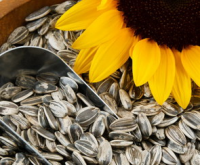
Amazing Discovery: Your Eyes are Half a Billion Years Old, Expert Says
Our eyes are among the most precious organs that have a very vital function. And did you know that they are at least half a billion years old and way older than your brain? In a scientific review that summarises the findings of hundreds of scientists around the world, an expert talks about the evolution of the human eyes. Professor Trevor Lamb of The Vision
Read More







